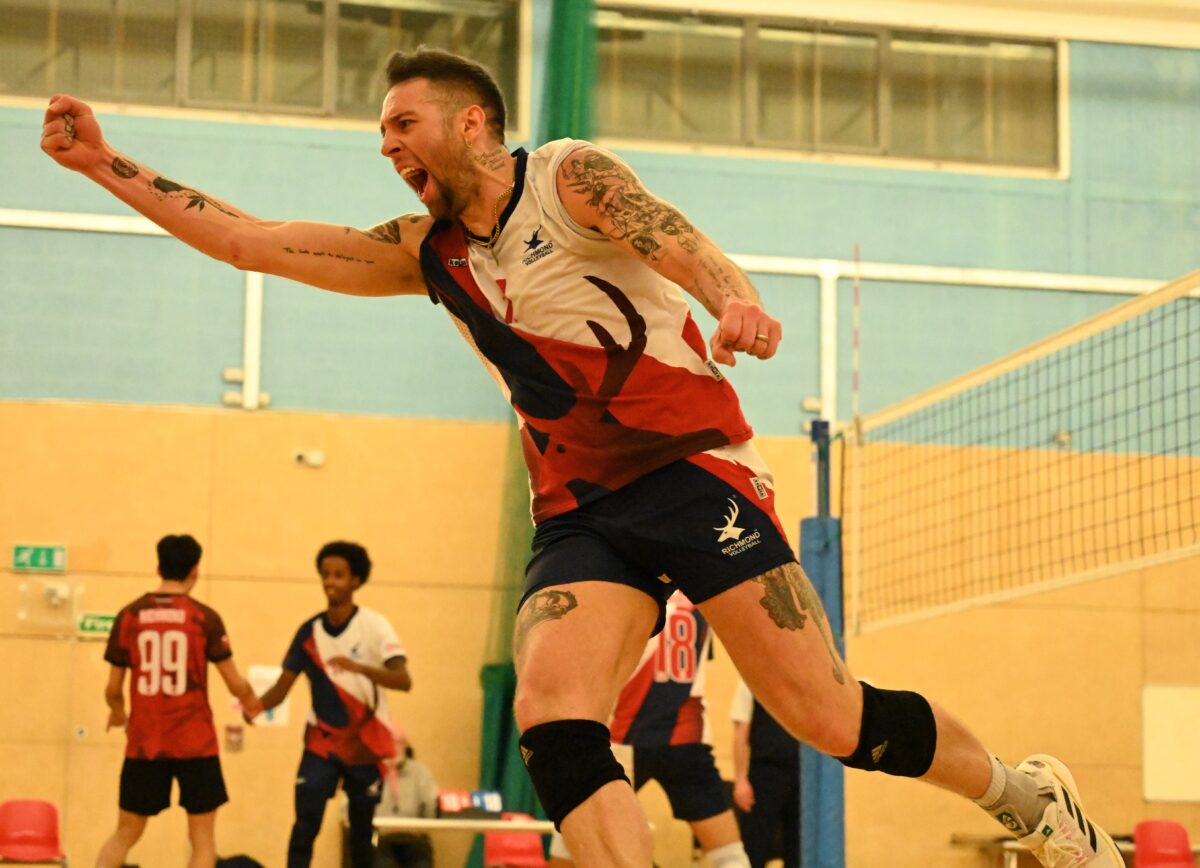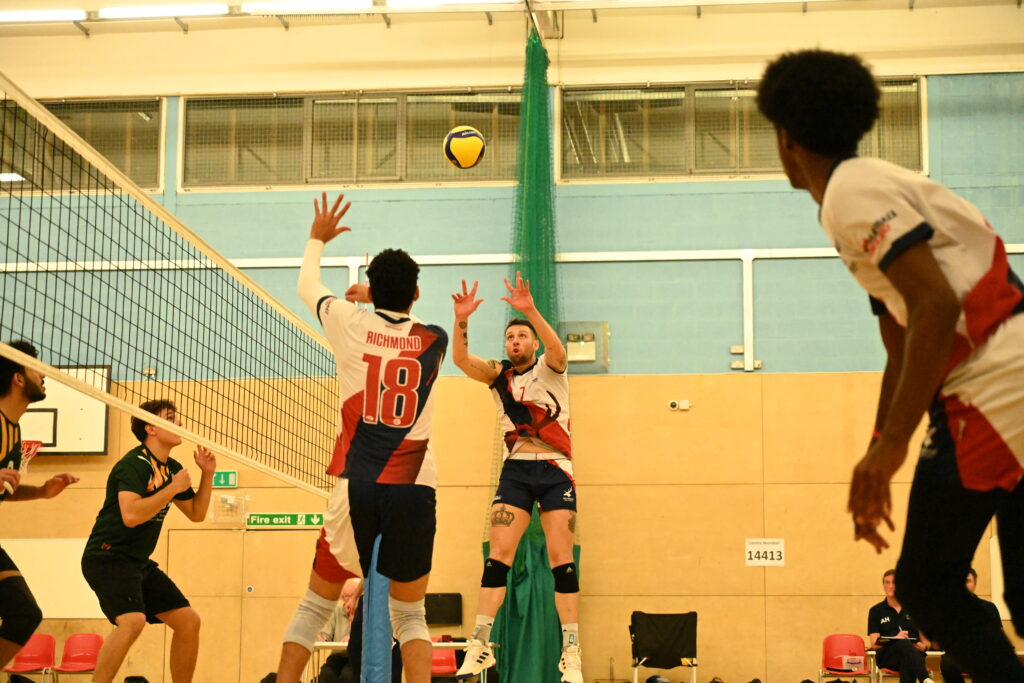Jared Uhlir – my volleyball life

Jared Uhlir is Richmond Docklands’ setter and vice-captain. He sat down with Stas Fatieiev to talk about his volleyball life.
How did you start playing volleyball?
I started playing volleyball when I was probably around 9 or 10. I kind of felt that it came 100% from my mother, she was a Division One NCAA volleyball player in the USA. I just wanted to be like my mom. I remember we started with a balloon, and then as it kept going, it just became something that came easily to me. I came from a very athletic family, like my uncles and my father, most of them all played for the University of Nebraska for American football. So that’s a Division One program. My grandfather was a basketball player. I just think that the older I get, I keep looking at my family and it all comes back to them. My grandfather actually became more of a father figure because he was the one that had to take care of me because my parents were young and working, and I was their first.
Tell us about your volleyball routine when you were a teenager
I just kept working and my mom on little skill sets that by the time I was in middle school, so around 12 to 13, I could play with our varsity girls. And at that time we were sending Division One recruits out of our very small high school in the middle of Nebraska.
But Nebraska has always been a staple for women’s volleyball. Jordan Larson is one of the best outsides in the world. She helped the women’s USA team win their first gold Olympic medal. And she came from a smaller town in Nebraska than I did. And so I’ve always been inspired by females, especially female athletes. I don’t know maybe it’s also being the gay part is that there was this men seem to always look down upon us, the girls and the gays. I kind of told myself I didn’t know for the longest time that men even play volleyball because it wasn’t a thing.
So when I look back from, like my childhood and my youth, I realise how lucky I was. I only really played four major tournaments in my whole teenage years but ended up at a Division One program. After my sophomores for my second year I became the starter

What’s the main difference between volleyball in the USA and in England?
The major difference is the culture behind it. I think at home, whether it’s sports or in life, there’s always someone there to take your spot. Like there’s never a certainty they will replace you because at the end of the day if you’re not putting in the work, they’re going to stop investing in you and there’s someone else that will want to do what you fail to want to do.
I think that if you look at American culture around any athlete it’s revered by people in the public eye especially if you succeed like the amount of advice Kobe Bryant, Serena Williams, Michael Phelps give. I always say that athletes are the modern gladiators. Yes, we’ve been watching great humans do marvellous things and we went from the ancient Romans and Greeks killing each other, to making it a game. So that’s really no different.
What do you think about Richmond Docklands team atmosphere?
The reason I chose Richmond was one I thought Marcel’s coaching was very parallel to coaches in the US, I think that is the style. I like the aggression, the intent, and all of that preparation. And then when I came to the summer trainings, I finally saw what I’ve been looking for everywhere in England, a group of guys that are willing to fight for it.
We don’t really know if we’re going to be successful. But if we don’t try, and we aren’t willing to go up against and go to battle, then what’s the point of doing it?
What do you think about our team?
I think that we’re growing together as a weird little family. I think volleyball is one of the hardest team sports out there because we rely at least on two people. But each person, like my mother, you always used to say, you’re only as good as your weakest person on the floor. So you could have an Olympian on your team and you can still lose because he can’t do everything. He has to have support. And so that’s where I think we have that fight.
And I think that deep down if you can conquer your fear of letting others down and support each other and create that family dynamic. But I always use the kind of mafia style at home is that, you know, they can pick on their family but the moment you step in and you try to mess with family, it’s now you have the whole family on you. And that’s the kind of mentality I use. I guess that’s how my family operates as well.
According to statistics, you and Vitor are two of the best servers in the team. And also from the Volleyball England stats you’re one of the top setters of the Super League. So tell us your secrets, how do you do your job on the ground?
My secrets? I do what I’m asked to do and what is needed. I think accolades and titles are overrated. I like to say that they’re for the fans, for the federations, for people. But as an athlete, you have a job to do and people are relying on you to do that job. And so my secret is that you remove your ego because your ego is the thing that tells you. And I’m not necessarily talking about egotistical as an ego. I’m talking about wanting to prove something to someone.
And at those moments your ego tells you that I need to beat them because they hit the ball harder at me. So I must hit the ball harder at him to prove a point. And in moments like those, that’s where you lose. And I say, I’ve been trying to come up with a good phrase for this that’s short and sweet. I say in times of stress, you don’t listen to your ego, you listen to your logic. And it’s very important to understand objectives and what you’re supposed to do, because in those moments that is what brings you to prosperity in my opinion.
What do you want to say to the young players who are just starting to play?
This might add another 5 minutes. Here we go. My biggest thing is the vision that you hold for yourself, whether it’s as an athlete or in life, is something that I find very sacred and divine, almost.
Because no matter how you try to explain what you see for yourself to someone else, they’ll never understand. You’ll never be able to explain it and they’ll never fully understand. And I think a lot of people in this world, and I, even for me, for a moment in time, gave up on that vision I saw for myself.
And so along this road, the quotes that are big right now is that your belief and expectations set your tone for your reality. So whatever you believe about yourself, whatever your expectations are for yourself, we’ll eventually make the world you live in. So if you always think that everything’s bad, the only thing that we’ll find you is bad, and but vice versa.
If you think I can do this, I’ll find a way to do this. Because at the end of the day, we all know that this world is very, very painful. There’s a lot of struggle and a lot of suffering. But at the end of it, if that’s the true case, then that means that you have to do something that is worth fighting for, that makes the pain all worth it.
And that’s the only thing that is that vision. And I believe that whatever God you believe in, whatever higher power gave you this image in your head, this thought, this is what I could be if I went down this path. And I think that’s part of our purpose is to discover what that is. And then as you go along this road, it’s very important to understand that whatever you give is what you get.
So once you start to find your purpose, it’s almost like self-actualization. When you start to self-actualize and that’s the psychology term for it. When you start to self actualize, then innately you become prone to help others do the same because at the end of the day then it becomes. So what you give is what you get.
And so and then my last big quote I guess I would say is that the key to success is force correction, the past. So every time you come up with an obstacle, you have to understand that hard things make you better. It’s not that your end goal is changing, it’s that you have to reassess. Because like I always say, if everything was fine, you would never change.
My grandfather said if it’s not broken, don’t fix it. So in theory if we are never presented with challenges, we’ll never readjust and we’ll never grow. So if you can accept the dark sides of what you know, you know the anxiety, the fear. Like fears are just doorways to what you want to become. And the only way to overcome your fear is to go through it. And it’s a very hard concept to understand. First, because it’s scary and the unknown scares all humans. That’s why we have hundreds of different religions trying to tell us what happens after we die. But regardless, we don’t know. You know it’s an unknown.
OK, the last four quick fire questions.
Your favourite book?
The Wim Hof Method
Favourite movie?
Miracle.
Favourite place?
I don’t know, maybe a beach somewhere.
Who is your favourite athlete?
Kobe Bryant. Volleyball specific I still think Jordan Larson is, and will always be. Larson, just because of the small town in Nebraska. I always wanted to be the male counterpart to her.
